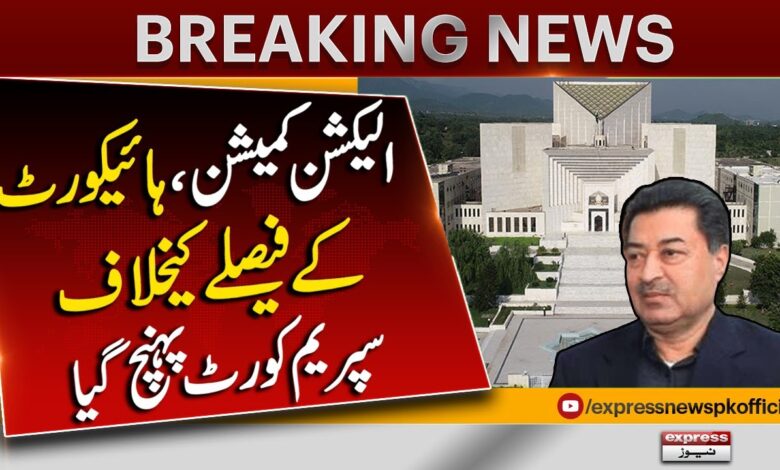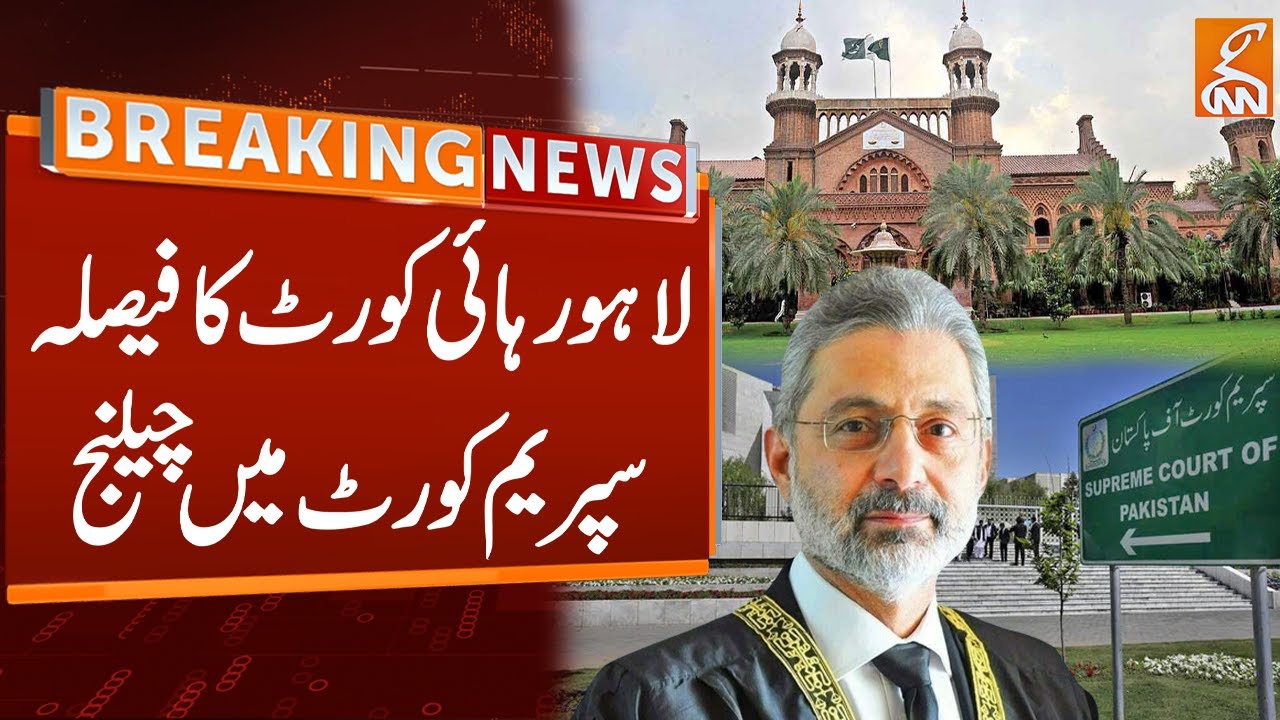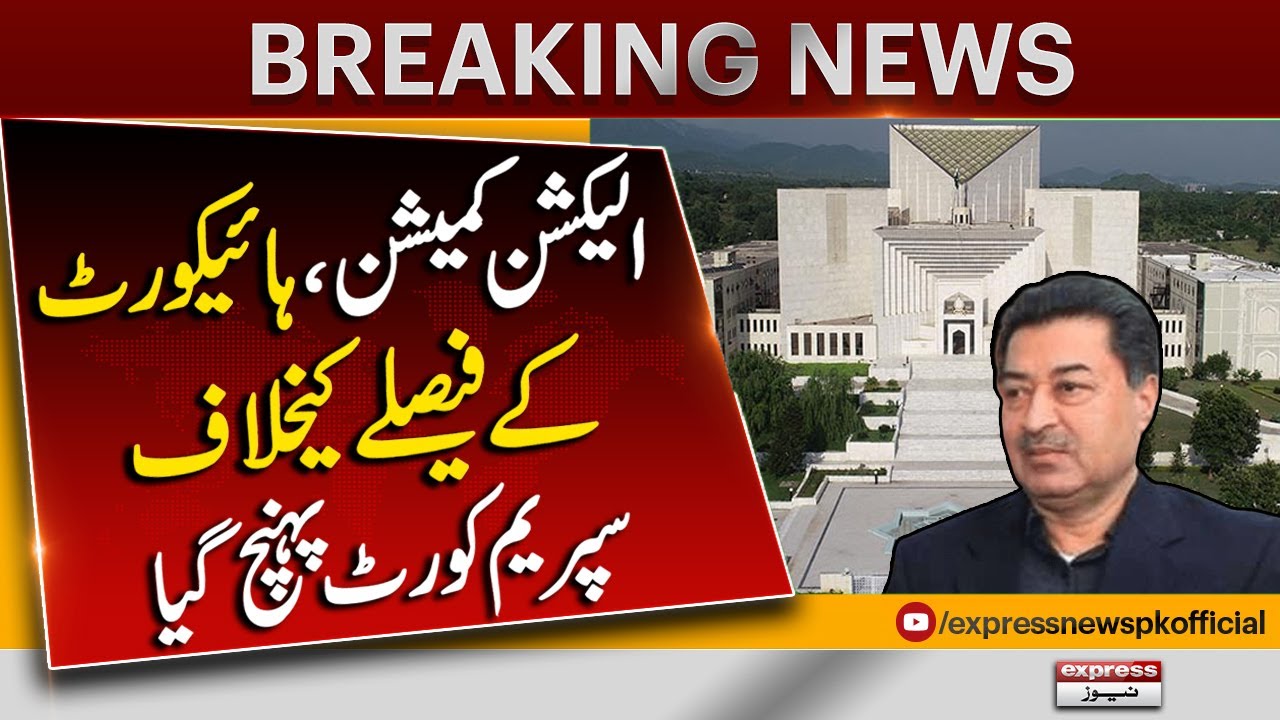
The Election Goes to Court
The election goes to court – a phrase that sends shivers down the spines of politicians and thrills legal eagles alike. It’s a scenario steeped in history, a clash of wills played out not on the campaign trail, but in the hallowed halls of justice. From disputed ballots to allegations of voter fraud, the legal battles that erupt after elections are often as dramatic and consequential as the elections themselves.
This post delves into the fascinating world of election disputes, exploring their historical precedents, the legal challenges involved, and their impact on our democracy.
We’ll examine the various types of legal challenges, the role of the judiciary, and the influence of technology and media coverage on the public’s perception of these crucial events. We’ll also take a look at international perspectives, comparing how different countries handle election disputes and identifying best practices. Get ready to explore the complex and often contentious process of resolving election outcomes when the courts become the ultimate arbiter.
The Impact of Technology on Election Disputes

Technology has fundamentally reshaped the landscape of elections, playing a dual role in both streamlining the process and introducing new avenues for disputes. While it offers increased efficiency and accessibility, it simultaneously presents unprecedented challenges to the integrity and verifiability of election results, leading to more complex and technologically-driven legal battles. The increasing reliance on digital systems has created a new frontier in election law, requiring courts and election officials to grapple with complex technical issues and rapidly evolving technologies.Technology’s Role in Facilitating and Complicating Election Dispute ResolutionTechnological advancements have undeniably improved certain aspects of election administration.
Digital databases allow for quicker and more accurate voter registration and tracking, reducing the potential for human error in voter rolls. Furthermore, the use of digital tools for vote counting can expedite the tabulation process, potentially providing quicker preliminary results. However, this very speed and reliance on complex systems can also introduce new vulnerabilities. Software glitches, cybersecurity breaches, and the potential for manipulation of electronic voting machines can cast doubt on the accuracy and legitimacy of election outcomes, leading to protracted legal challenges.
The sheer complexity of these systems makes independent verification and auditing significantly more difficult, exacerbating the potential for disputes.
Challenges Posed by Electronic Voting Machines
Electronic voting machines (EVMs), while intended to modernize the voting process, have become a focal point of numerous election disputes. The lack of auditable paper trails in many EVM systems presents a significant hurdle in verifying the accuracy of vote counts. Allegations of manipulation, whether through hacking or internal software flaws, are difficult to definitively disprove without a verifiable paper record.
Legal challenges often center on the inability to independently audit the results produced by EVMs, leaving room for reasonable doubt about the integrity of the process. The 2000 US presidential election, although not solely reliant on EVMs, highlighted the potential for disputes arising from close election results and concerns about the accuracy of vote counting technology. The subsequent recount in Florida underscored the need for transparent and auditable systems.
Challenges Posed by Online Voting Systems
Online voting systems, while offering potential convenience, present even greater security and verification challenges. The risk of hacking, denial-of-service attacks, and voter identity theft is significantly higher in online environments compared to traditional in-person voting. Ensuring the secrecy of the ballot and preventing coercion or manipulation is also considerably more difficult. The lack of a physical paper trail and the complexity of online systems make independent audits extremely challenging, creating fertile ground for legal disputes.
The potential for widespread fraud and the difficulty in definitively proving or disproving such claims significantly complicate the resolution of election disputes involving online voting. Cases involving allegations of hacking or compromised online voting systems often require extensive forensic analysis and expert testimony, prolonging the legal process.
Examples of Technology Used to Challenge Election Results
Numerous examples demonstrate how technological advancements have been used to challenge election results. In some instances, statistical anomalies in vote counts, detected through sophisticated data analysis techniques, have prompted investigations and legal challenges. Claims of irregularities in voter registration databases, uncovered through data mining and cross-referencing, have also led to litigation. Furthermore, allegations of manipulation of electronic voting machines, supported by expert witness testimony and technical analysis, have been used to challenge election outcomes.
These cases highlight the evolving role of technology not only in conducting elections but also in challenging their results. The use of sophisticated data analysis and forensic computing techniques has become increasingly important in election dispute resolution, raising the bar for evidence and requiring courts to grapple with complex technical details.
International Perspectives on Election Disputes: The Election Goes To Court

Election disputes are a global phenomenon, impacting the legitimacy and stability of democratic systems worldwide. The methods used to resolve these disputes vary significantly across countries, reflecting differing legal traditions, political cultures, and institutional capacities. Understanding these variations is crucial for promoting fair and efficient electoral processes internationally.
Comparative Analysis of Election Dispute Resolution Mechanisms
The legal frameworks and dispute resolution processes for election disputes differ considerably across nations. This variation stems from factors including constitutional design, the independence of the judiciary, and the strength of electoral management bodies. The following table provides a brief overview, acknowledging that the complexities of each system necessitate further in-depth study.
| Country | Legal Framework | Dispute Resolution Process |
|---|---|---|
| United States | Constitutional provisions, federal and state laws | Multi-layered process involving recounts, administrative challenges, and judicial review. Cases often reach the Supreme Court. |
| Canada | Federal and provincial election acts | Chief Electoral Officer oversees initial challenges. Judicial review is available through the courts. |
| United Kingdom | Representation of the People Act | Election petitions are heard by election courts. The High Court handles appeals. |
| Germany | Federal Election Act | Federal Constitutional Court has ultimate authority on election disputes. Administrative processes exist before court action. |
| India | Representation of the People Act | Election Commission of India initially hears disputes. Judicial review is possible through the High Courts and Supreme Court. |
Best Practices and Areas for Improvement
Best practices in handling election disputes globally include establishing independent and impartial electoral management bodies, ensuring timely and transparent dispute resolution processes, providing clear legal frameworks, and guaranteeing access to justice for all parties involved. Areas for improvement often involve strengthening the independence of judiciaries, improving access to legal remedies, and enhancing transparency and public trust in the electoral process.
For example, many countries lack readily available, easily understandable information about election dispute resolution processes for ordinary citizens, leading to confusion and potential disenfranchisement.
Resolving an Election Dispute: A Case Study of the 2000 US Presidential Election, The election goes to court
The 2000 US Presidential election provides a compelling illustration of a complex and contested election result. The extremely close outcome in Florida triggered a recount process, initially overseen by state election officials. Legal challenges arose, focusing on the validity of ballots and the recount methodology. The legal framework involved a mix of state and federal laws, with the US Supreme Court ultimately deciding the outcome in Bush v. Gore (2000).
Key actors included the candidates themselves, their legal teams, state election officials, and the Supreme Court justices. The case highlighted the importance of clear legal guidelines for recounts, the potential for partisan influence on the process, and the role of the judiciary in resolving highly contested elections. The decision, while resolving the immediate dispute, also sparked significant debate about electoral procedures and the role of the courts in election outcomes, illustrating the ongoing need for refining election dispute resolution mechanisms.
So, the next time you hear whispers of an election heading to court, remember the intricate legal dance that unfolds. It’s a process fraught with challenges, shaped by history, and influenced by technology. The outcome not only determines the victor but also significantly impacts public trust in the democratic process itself. Understanding the complexities of election disputes is crucial for maintaining a healthy and transparent electoral system.
The fight for fairness often continues beyond the ballot box, making the courtroom a critical arena in the ongoing struggle for democratic integrity.
So, the election’s headed to court – another nail-biting chapter in this political saga. It’s got me thinking about other societal issues needing urgent attention, like the gun violence crisis. I just read this fascinating article about Tony Perkins’ proposed solution, which is quite different from what you’d expect, as a former police officer explains in this interview.
Maybe focusing on these deeper issues could actually prevent some of the political turmoil we’re seeing. Anyway, back to the election – what a mess!
So, the election’s heading to court – a messy legal battle brewing, as expected. This reminds me of another legal challenge, this time concerning gun rights: check out this article about how pro-2A groups are challenging New York’s new concealed carry law as unconstitutional, pro 2a groups challenge new yorks new concealed carry law as unconstitutional as old one , arguing it’s just as bad as the old one.
It just goes to show, court challenges are becoming increasingly common, even impacting seemingly disparate areas like elections and gun control.
So, the election’s heading to court – another day, another legal battle. It’s a reminder of how deeply entrenched political divides are, and how these battles often overshadow other significant issues. For example, consider the broader geopolitical landscape; remember when the news broke that Trump does not want to do business with China’s Huawei ? That kind of decision, made amidst the election chaos, shows how much is at stake beyond just the immediate political fight.
Ultimately, the court cases will shape not only the election outcome but also the country’s future trajectory.

